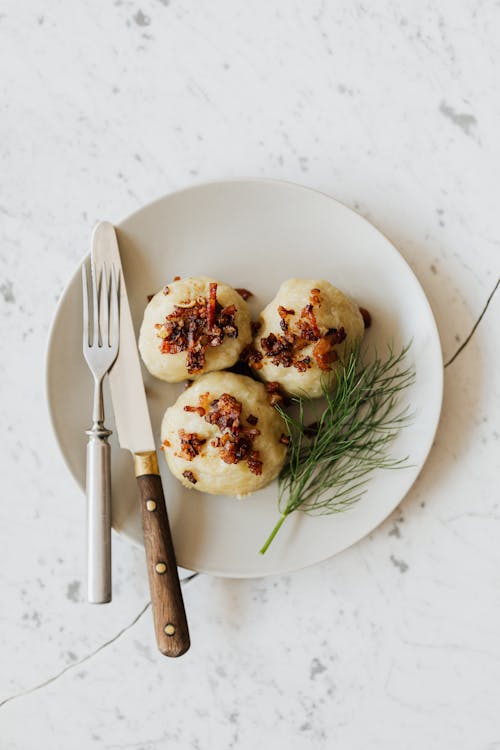Love Is a Choice: Develop Love Isn’t an Inclination

Amid our marriage planning in 1985, my significant other and I were acquainted with the idea of “Affection is a choice.”
A choice is a consider decision and for us, marriage was a genuine long lasting duty that wasn’t to be messed with. Of course, we were closest companions, we were perfect and we were infatuated. Numerous individuals approach marriage thusly, yet when things turn out badly – when they never again feel like they are closest companions, when they float separated and when they are never again infatuated, the marriage disintegrates and separate is an alternative.
Did you see “FEEL” above? That implies, if things change,if our feelings change, we can settle on choices in light of “beyond reconciliation contrasts.” This resembles constructing a relationship in light of a sand trap and not a firm establishment. I comprehend that significant things can occur in a marriage that would warrant genuine thought for a separation, particularly when one accomplice outrageously breaks the pledges or guarantees that were made, with no expectation of coming back to the first guarantees.
Relational unions with solid establishments incorporate a perspective that goes further than similarity, closest companions and love – more profound than sentiments. What is inconspicuous in these connections is the fascinating perspective that the objective isn’t bliss; the objective is unity. The couple know they are a group, with the vast majority of the accompanying methods of insight:
- Every one is out to fulfill the other, as opposed to center around fulfilling oneself.
- Satisfaction isn’t the objective of marriage. There may be times we are despondent with our marriage or our companion. This doesn’t mean you are melting away enamored. Joy resembles the rhythmic movement of a tide, continually evolving.
- The objective of marriage is more profound. Some trust that they are consolidated for the improvement of one another. A companion of mine once stated, “Marriage is for the advancement of our spirits.” Together, we are more grounded, and left alone, we may endure in negative behavior patterns and childishness. Marriage causes us achieve ethics and development. Through forfeit and thought of someone else, we should leave our comfortable holes.
My significant other and I were hitched in the Catholic Church, which contains three principle pledges: tolerating youngsters eagerly from God, promising to remain together until death and the idea of unity – that two wind up one substance.
As a result of these pledges, we have consented to buckle down on our marriage when required, consistently deal with our relational abilities, and live as a group, looking for solidarity and agreement. We have altogether different dispositions, yet our qualities are in arrangement.
As should be obvious, our choice abrogates our sentiments. There are times when we are irritated with one another, and we need to work through those troublesome occasions. We don’t give emotions a chance to direct our hours, days and weeks. They rise; we manage them. We put them aside and proceed onward. Troublesome occasions in marriage are an awesome open door for pardoning, appreciation, and quietude.
Since we settled on a deep rooted choice and duty, we need to be glad. Who might need to live until “death do you part” with an unsavory, exhausting, narrow minded, antagonistic individual?
Creator Gary Chapman stated, “Disregard your sentiments. You don’t need to feel anything to love your accomplice. Emotions may change as a result of your activities, however sentiments ought not direct your activities. Love your mate, regardless of how you feel.”
I might want to embed a precedent here. Suppose your mate, in a snapshot of shortcoming, had a one night attach with somebody. You find out about this treachery and your emotions are off the diagrams – outrage, fear, seethe, bitterness, infringement, rupture of trust, mortification, humiliation, uncovered, doubt, frustration, disappointment, lose hope.
On the off chance that adoration is a choice, your critical thinking approach will be very not quite the same as if love is an inclination. In the event that the two accomplices have chosen to remain together until death, at that point they will both take the necessary steps to spare the marriage and remake. It is difficult, yet it tends to be done and many have detailed a more grounded marriage after the recuperation and mending. In the event that one accomplice is unwilling to dive in profound and choose to endeavor, at that point the marriage will endure or break down.
I don’t know whether the measurements have changed, but rather last I knew, up to 70% of relational unions will manage some sort of “undertaking,” sooner or later in their marriage. 25% of wedded accomplices have admitted to a sexual illicit relationship with another person. It’s hard to get a precise report because of self-announcing exactness (relies upon who’s coming clean) and understanding upon the meaning of an undertaking. Of those relational unions that were broken by double-crossing, 30% will divorce.That implies, there are numerous relational unions attempting to mend from undertakings and careless activities.
Is love an inclination or choice for you? Selling out is the hardest trial of your affection and could be the most difficult time of your life,sometimes more than death of a friend or family member.
How about we move to a lighter case of choice versus sentiments. What about the majority of the couples who think they wed the ideal accomplice and share such a great amount for all intents and purpose? A long time pass by and contrasts develop. It’s solitary common. Presently there is a feeling of floating separated. This is essentially life unfurling after some time, with new circumstances and encounters that come your direction. You will find more contrasts after some time.








:max_bytes(150000):strip_icc():focal(899x0:901x2)/zachery-ty-bryan-comedown-from-teenage-fame-062223-14c104747f564077a4dfd827d3207019.jpg)